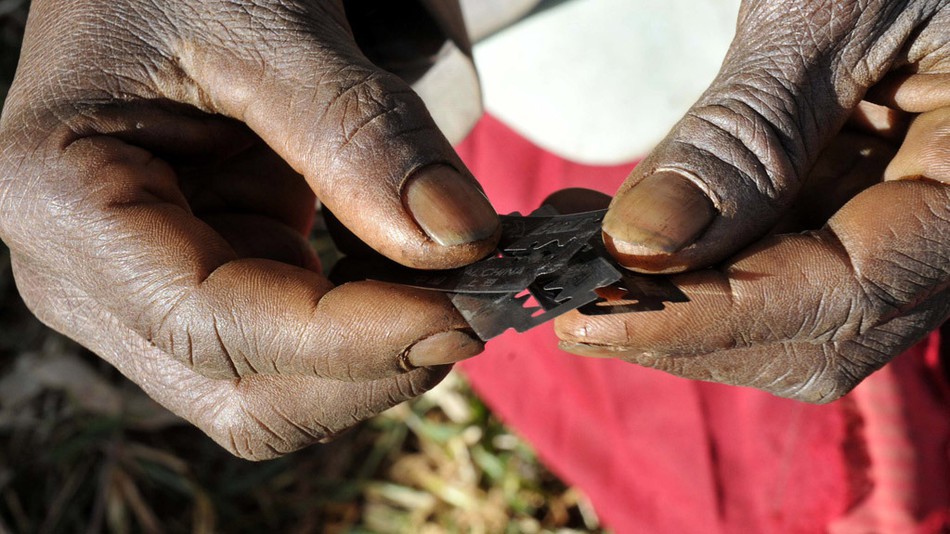- Sponsored -
Supreme Court: FGM violates bodily rights of a child

The Supreme Court has raised questions in the practice of the Female Genital Mutilation done by the Dawoodi Bohra Community. A written petition was filed seeking a ban on the practice of FGM in all state of India, also making it a cognisable offence, non-compoundable offence. In the petition it was mentioned that the Dawoodi Bohra community illegally performs ‘female genital mutilation’ of girls as young as six and seven years. It further states that the act is carried out so that girls don’t indulge in ‘immoral activities’ and thereby remain loyal to their husbands. Female Genital Mutilation, is a that removes the entire or partial clitoral hood which the community has maintained is an ‘immoral hood’.
- Sponsored -
The practice though common, is not Islamic nor is mentioned in any Hadith as claimed by several Islamic scholars and practitioners. It is a practice pertaining to only the Dawoodi Bohra community. The Supreme Court observed that the sole purpose of a woman is not just finding a husband or get married and that women have other obligations too. The verdict came out as the three-judge bench headed by Chief Justice Dipak Misra observed that, FGM is a violates the privacy rights of women and the subjugation of women to their husbands is unconstitutional. The SC also observed that the religious practice ‘violates the bodily integrity’ of a child. Furthermore the procedure is performed by midwives and doctors belonging from the community and may expose the child to infections since the ones performing the act may not be well-equipped or trained to perform the procedure.
Arguing for the community was senior advocate Abhishek Manu Singhvi who said that since it is a customary religious procedure it must go to the constitution bench and that the court cannot interfere in the practices of a community. Attorney General KK Venugopal observed that the practice needs to be banned as it stands as most of the first world countries such as United States, Australia and United Kingdom have banned it.
FGM goes against “UN Convention on the Rights of the Child, UN Universal Declaration of Human Rights of which is India is a signatory”, as per a report by TOI. It also results in the “permanent disfiguration to the body of the girl child’. FGM has been defended by the Dawoodi Bohra community and they have termed it as an interference in their ‘religious and customarial practices’.
- Sponsored -
